5 Reasons You Should Invest In Integration
In this blog, we explore the benefits of integrating your project management solutions with the rest of your business.
Integrated project delivery involves an organisation’s business units using a consistent approach to project management and sharing information about project needs and objectives. As large organisations implement newer and more effective project management methodologies, they often struggle to ensure that project processes are integrated and managed in a consistent manner across the entire company. Due to varying business needs or individual preferences, teams in one department might wish to manage their projects differently from teams in other departments. While some degree of flexibility in this regard can be beneficial, organisations still need to maintain a high-level of integration of their project management solutions with the rest of the business in order to direct their activities towards successful project delivery and ultimately achieving their long-term strategic goals. Integrating your project management solutions with the rest of your business enables you to1. Capture Information
Capturing information and critical operational data from other business applications and combining them with experience and organisational 'know how' ensures effective knowledge transfer and means that the project process can be constantly innovated and evolved ensuring consistency within the project process. This allows for standardisation of best-practice to assure project success which in-turn leads to increased customer satisfaction and profitability whilst reducing the project risk.
Further reading: What is a Businesss Intelligence Strategy and do I need one?
2. Unify processes
With so many organisations using so many different processes, skills and resources, keeping track and synchronising those processes, skills and resources is extremely important. If, for example, one team has discovered a more efficient or better way to carry out a part of the project process, then with an integrated approach to project management solutions, this new method or 'innovation' can be shared and implemented across the project teams, ensuring the project process is optimised and standardisation of best-practice is achieved.

3. Connect teams
Due to varying business needs or individual preferences, teams in one department might wish to manage their projects differently from teams in other departments. Integrating project management solutions across your teams allows them to connect and work together more effectively and efficiently. For example, connecting the sales and delivery teams means that both sets of skills can be synchronised, avoiding wasted resources and allows more effective management of skills availability to simplify the allocation of resources. Another good example is that by connecting Human Resources with the delivery team allows management of holidays and sickness.
Further reading: 5 Common Resource Planning Problems
4. Ensure accurate and timely delivery
How do organisations know if their projects are on time? They look at the project schedules. But how do they know if these are accurate and up-to-date? Visibility of other departments, or project teams, schedules and work flow is vital to ensure that resources can be fully utilised and that, for example, the required materials are scheduled on-time or that a Consultant's time isn't being wasted sitting on-site with nothing to do when his time could be re-allocated more effectively elsewhere. All business units and project teams need to follow a consistent approach to project management and sharing information about project needs and objectives to ensure that the project is delivered on time.
Further reading: How to improve project visibility
5. Monitor revenue
Arguably the most important aspect of any project is revenue recognition. Transparency of costs and resources allows everyone who needs to, to monitor the revenue. If an organisations business units are using a consistent approach to project management and sharing information about the projects costs, for example, a consultants’ time and expenses for a project, then the billing team will be able to bill their customers more efficiently and accurately thus providing improved billing and receivables performance.
Conclusion
There are many ways in which you can integrate your project management solutions with the rest of your business and at Hydra we understand how complicated the process can be as each organisation has an almost unique combination of solutions that need to be integrated. We also understand organisations need to keep up with changing customer behaviour and shifting preferences in order to react quickly to these changes.
For more information about integrating your project management solutions with the rest of your business please have a look at our infographic.


